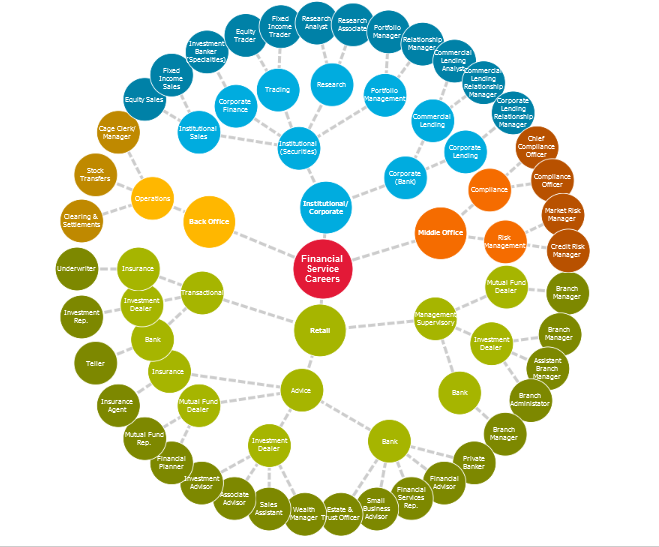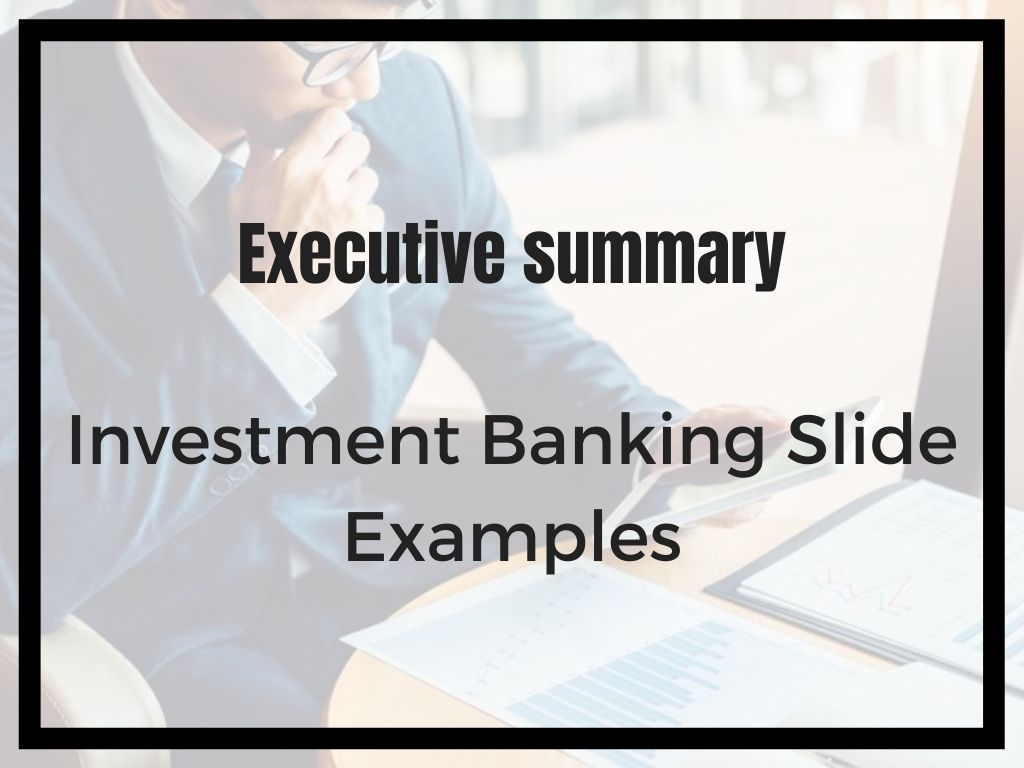
IBM is a well-known name in technology and has a long history. The company was founded in 1911. It celebrated its centenary by releasing a series featuring 100 people who explain the company's contributions. Joe Pytka was the influential commercial director. Errol Morris, a Academy Award-winning documentary filmmaker, shot "100 x 100". Philip Glass provided the music.
Hollerith punchcard from ibm
The Hollerith punch card for IBM was inspired by a system that was used in textile mills as well as other industrial processes back in 1725. This method was later adopted by Joseph Marie Jacquard to create a silk portrait. Semen Korsakov stored information using punch cards in 1832. IBM's Hollerith punchcard was used to record census data. It would eventually lead the formation of IBM.
The alliance between IBM and Nazi Germany was formed in 1933. Its subsidiaries helped to develop various Nazi-era enabling technologies. The German government needed a way to quickly and accurately identify Jews in order to target them for annihilation. IBM's Hollerith punchcard machines were essential in this process.
Magnetic stripe from ibm
The history of IBM's magnetic strips begins with an engineer who wanted to find a way to attach magnetic media to plastic cards. He had heard about magnetic tape and thought it might be easy to combine the two, but his wife suggested a different solution. She suggested that the magnetic stripe be melted onto a card. IBM was the first to utilize this technology for commercial purposes.

The company was looking to develop a system for financial and personal identification. They were looking for a way of decoding personal data to make it easier to access the information. A team of researchers was assembled to create a system that could do exactly this. IBM adopted magnetic stripe technology after the team's work was done. They began rolling out bank cards and employee ID cards.
IBM's First Computer
Arthur Rackham, a pioneer in the introduction IBM computers, was born April 5, 1911. He was an entrepreneur, a mathematician, and studied at Drake University and Iowa State College. Later, he became the chief of IBM's research & development division.
During the war, the United States Air Force asked IBM to develop an electro-mechanical bombsight. The company was still cautious about electronic computing's future. Tom Watson, Jr., felt at the time that IBM was not moving quickly enough towards electronic computing. He had an idea to create an electronic computer capable of performing scientific computations.
IBM's research
The IBM Archives show the company's progress and accomplishments through the years. Currently, IBM employs 195,000 technical professionals and has 350 Distinguished Engineers and 60 IBM Fellows. The company has acquired NetObjects and CommQuest Technologies. Many of its products can now be used in the business world.
The company's revenues grew steadily. Wall Street was awestruck by the company's growth. By 1984, the company's profit was up to $16 billion. Wall Street was fondly familiar with IBM Corporation. IBM was also perceived as the only company capable of competing with Japanese companies. It even became the subject of a best-selling book.

IBM's stock purchase plan
The IBM Stock Purchase Plan allows eligible IBM employees to buy common stock. Originally, IBM employees were paid 85 per cent of the average market price during the offering periods. IBM modified the terms in 2005. Participants can now buy full or fractional shares IBM stock at a 5 percent discount from the average price on the day.
You can resell shares bought under the Plan at any time. Sometimes, the process can be stopped entirely. The shares can be purchased on the open-market or treasury.
FAQ
How much should you charge to be a consultant?
It depends on what service you provide. If you are providing services for free, then there isn't any point in charging anything. But if your services or products are for sale, you will need to establish prices that reflect their value.
If you offer low-quality services then you don’t have anything for sale. Why would anyone pay anything for you?
If you provide high-quality service, you may ask for higher prices because people appreciate the value you offer. Also, clients who purchase multiple packages from your company may get discounts.
What can I anticipate from my consultant
When you choose your consultant, they should respond within a few working days. They will typically ask for information about the company, such as its mission, goals. products and services. budget. Then, they'll send over a proposal outlining the scope of work, estimated time frame, fees, deliverables, milestones, etc.
If all goes according to plan, the two sides will sign a written deal. The type and content of the contract will vary depending on whether the relationship is employer-employee/employer-independent contractor.
If everything goes as planned, the consultant may begin to work immediately. You will have access both to your documents and internal resources and the consultant's skills and knowledge.
Don't assume that someone who is a consultant knows everything. It takes effort and practice to become an expert in whatever field you consult. Don't expect your consultant know everything about your company.
What is a consultant?
Consultants are those who offer services to other people. It's more than just a job title. This role allows you to help others achieve their dreams. Helping others to understand their options, and then helping them make the best decisions.
Consultants have the ability to solve any problems or challenges that may arise from projects. They provide advice and guidance about how to implement those solutions.
Consulting should be able address questions related to law, finance and technology.
Who hires consultants
Many organizations employ consultants to assist in projects. These can include small businesses and large corporations, government agencies as well non-profits and educational institutions.
Some consultants work directly for these organizations, while others freelance. In either case, the hiring process varies depending on the size and complexity of the project.
There will be many rounds of interviews for consultants when you are looking to hire. Only then can you select the right person to fill the position.
Which industries use consultants
There are many different types. Some focus on one particular type of business while others specialize in more than one area.
Some consultants are limited to working for private corporations, while others can represent large corporations.
Some consultants can also help businesses all around the globe.
How can I find clients for my consulting business?
Finding a passion area is the first step. It could be anything from social media to public relations, but there must be something you feel strongly about. If this is the case, it may be worth starting small by focusing on a niche market such web design. Once you have identified the niche, be sure to fully understand its characteristics. What problems does this solve? What problems can it solve? But most importantly, what can you do to help them?
It is also possible to approach businesses directly.
If all else fails offer your services for free at networking events and conferences. You will meet potential customers and be able show your skills without having to spend money advertising.
What happens when the consultant is done?
After the consultant completes their work, he/she will submit a final summary of the results. This report contains all relevant information, such as project timelines and deliverables.
After that, you'll go through the report and decide if it meets your expectations. If you are not satisfied with the consultant's report, you have the option to ask for modifications or to terminate your contract.
Statistics
- WHY choose me: Why your ideal client should choose you (ex: 10 years of experience and 6-week program has helped over 20 clients boost their sales by an average of 33% in 6 months). (consultingsuccess.com)
- According to IBISWorld, revenues in the consulting industry will exceed $261 billion in 2020. (nerdwallet.com)
- 67% of consultants start their consulting businesses after quitting their jobs, while 33% start while they're still at their jobs. (consultingsuccess.com)
- According to statistics from the ONS, the UK has around 300,000 consultants, of which around 63,000 professionals work as management consultants. (consultancy.uk)
- "From there, I told them my rates were going up 25%, this is the new hourly rate, and every single one of them said 'done, fine.' (nerdwallet.com)
External Links
How To
How To Start A Consultancy Company, And What Should I Do First?
Start a Consulting Company to make some extra money from home. You don’t need to have business experience or invest capital. A good place to start your own consulting company is to build a website. To promote your services, you will need to create a website.
These tools allow you to make a marketing program that includes the following:
-
Writing content (blogs).
-
Building relationships (contacts).
-
Generating leads (lead generation forms)
-
Selling products online
Once you've created your marketing strategy, the next step is to find clients who are willing to pay you for your services. While some people prefer to attend networking events and groups, others prefer online methods like Craigslist, Wikijiji, or Kijiji. Your choice is yours.
Once you've found new clients, you'll want to discuss terms and payment options. This could include flat fee contracts, hourly fees or retainer agreements. So that you are able to communicate clearly during the entire process, it is important to understand what you expect from a client before you accept them.
Hourly agreements are the most commonly used contract type for consultancy service. This type of contract requires you to provide certain services at fixed rates each week or month. Depending on the type of service you are offering, you may be able to negotiate a discount depending on the length of the contract. Make sure you understand what you are signing when you accept a contract.
The next step is to create invoices and send them to your clients. Invoicing can be a complicated task until you actually attempt it. There are many different ways to invoice your clients, depending on your preferences. For example, some people prefer to have their invoices emailed directly to their clients, while others print hard copies and mail them. Whatever your preferred method, make sure it works well for you.
After you've finished creating invoices, you'll want to collect payments. PayPal is preferred by most because it is easy-to-use and offers multiple payment options. Other payment processors, like Square Cash or Google Wallet, Square Cash or Apple Pay, Venmo and Venmo are also available.
Once you're ready and able to collect payments, you should set up bank accounts. You can track income and expenses separately by having separate savings and checking accounts. Automated transfers into your bank account are a great way to pay bills.
When you start a consultancy business, it may seem overwhelming, but once you learn how to do it correctly, it becomes second nature. This blog post will provide more information about starting your own consultancy business.
A consulting business is a great way of making extra money without worrying about your employees. Consultants can work remotely so they don't have the hassle of dealing with office politics and long working hours. Because you don't have to work a set number of hours per week, you can be more flexible than a traditional employee.